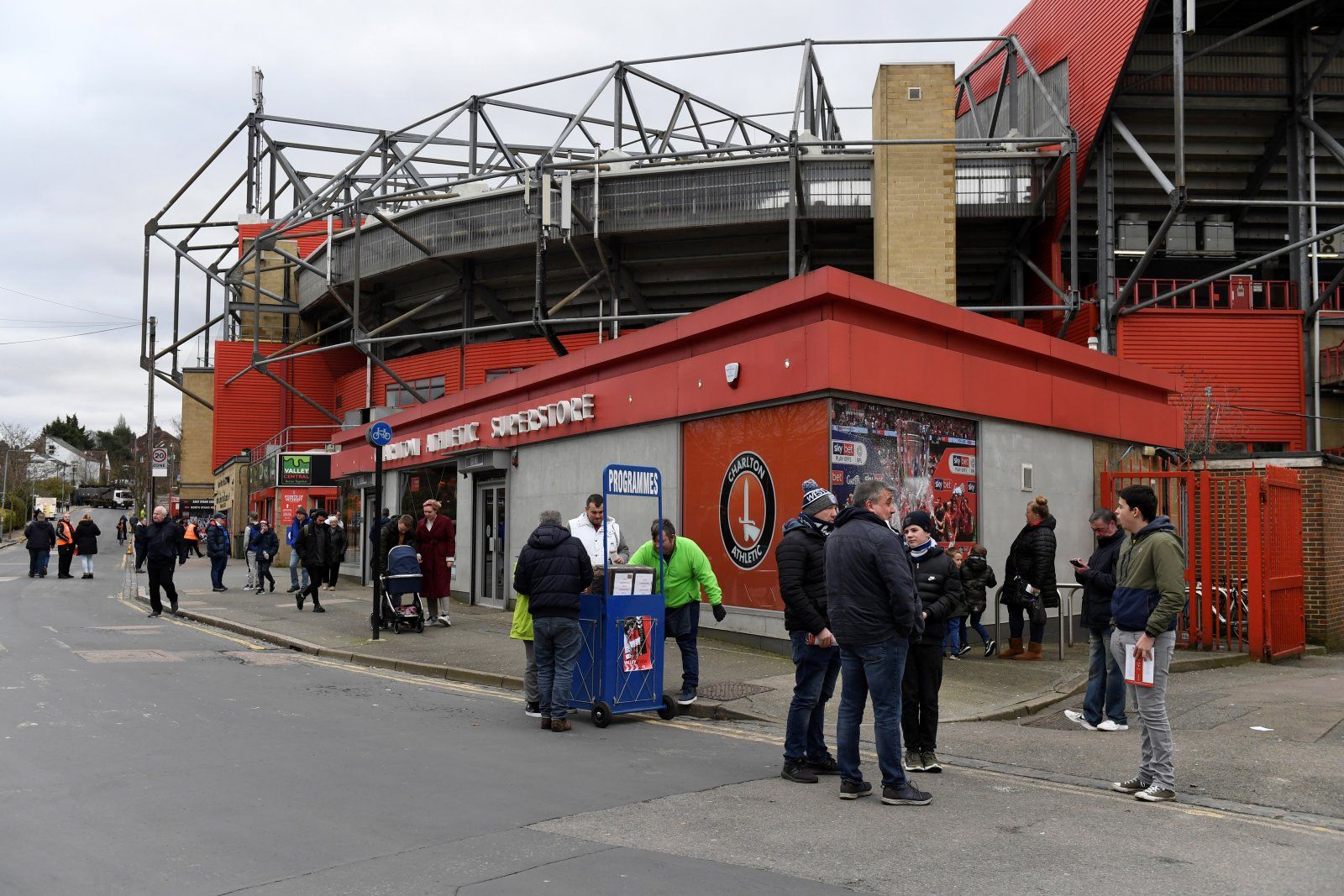Times were changing at Charlton Athletic. But in a manner that's becoming accustom to the club, their new owners have so far failed to back up the many promises made, and their example could spell an alarming future for emerging football clubs in the capital.
Little over five months ago, Matt Southall sat in-front of the camera and spoke passionately for the first time, of his visions for his new club. “As long as I leave the club in a better place than when I got here, for me that’s my job done," he went on to say. But three months after the fans met their fresh faced, sharply dressed new chairman, he would be ousted from club, banished and told never to come back.
Southall was the reassuring face of East Street Investments, with Tahnoon Nimer the actual financier, and Southall made clear his ambitions to bring Premier League football to Charlton Athletic, and sustain it. He admired everything about the club from its home to its fans, and often cited its location - precisely 32 minutes drive from Charing Cross - as being a big pull.
London itself attracts investors and entrepreneurs from all reaches of the world. It's the financial hub of the UK and hence, it's home to many of the country's wealthiest and most established football clubs. There's currently five teams from London playing in the Premier League and seven in the Football League, with only two of them - AFC Wimbledon and Leyton Orient - playing below the second-tier.
So as the city continues to attract wealth and its football clubs continue to prosper, it makes teams like Charlton hot property. Hot because they're essentially a small fish in a big pond, and with that comes room to grow. Under Roland Duchatelet, Charlton were sitting ducks just waiting to be pounced upon by the likes of ESI, and in their current position they should remain an attractive club to investors.
Can you get 15 out of 15 on this Charlton Athletic quiz? Have a go now!
Whilst the future remains unclear between ESI and Charlton - for all we know, the consortium could yet come true to their word - this ongoing saga that's beset the club since New Year bodes badly for their immediate neighbours. As clubs continue to emerge in the capital it'll only present more opportunities for investors, and that's more chance we'll see people like Southall in the top seats.
We've seen it at QPR in the past - a prime example where their chairmen wanted to sit alongside Chelsea as the 'glamour club' of West London, and ten years on find themselves scouring the free agent list every summer. The trust has completely gone in football and it's a sign of the times. How long can we realistically expect before 'the next Matt Southall' comes into a club and wreaks havoc?
Charlton could fold because of the mess he made. Albeit with the help of the ongoing pandemic, but the club was in more turmoil than people gave them credit for and they're still waiting to see the first pound of ESI's alleged millions.
Of course it's not only teams in London that suffer similar fates - look at Bury, and the ongoing situation at Bolton for example, two modern examples added to the growing list of football clubs to experience catastrophic financial meltdowns. But it's true that teams in London catch the eye of investors, and it's true that they often prove to be tyrannical, if not fatal in their dealings with the club.
Once football and life itself gets back to some sort of normality, expect the London football scene to continue its growth, and expect more clubs to establish themselves and run into healthier funding along the way. What happened to Charlton could've happened to any club and they can well argue the case that the EFL didn't do their due diligence throughout ESI's takeover of the club. But Southall and ESI saw one outstanding factor in Charlton - location, location, location.

